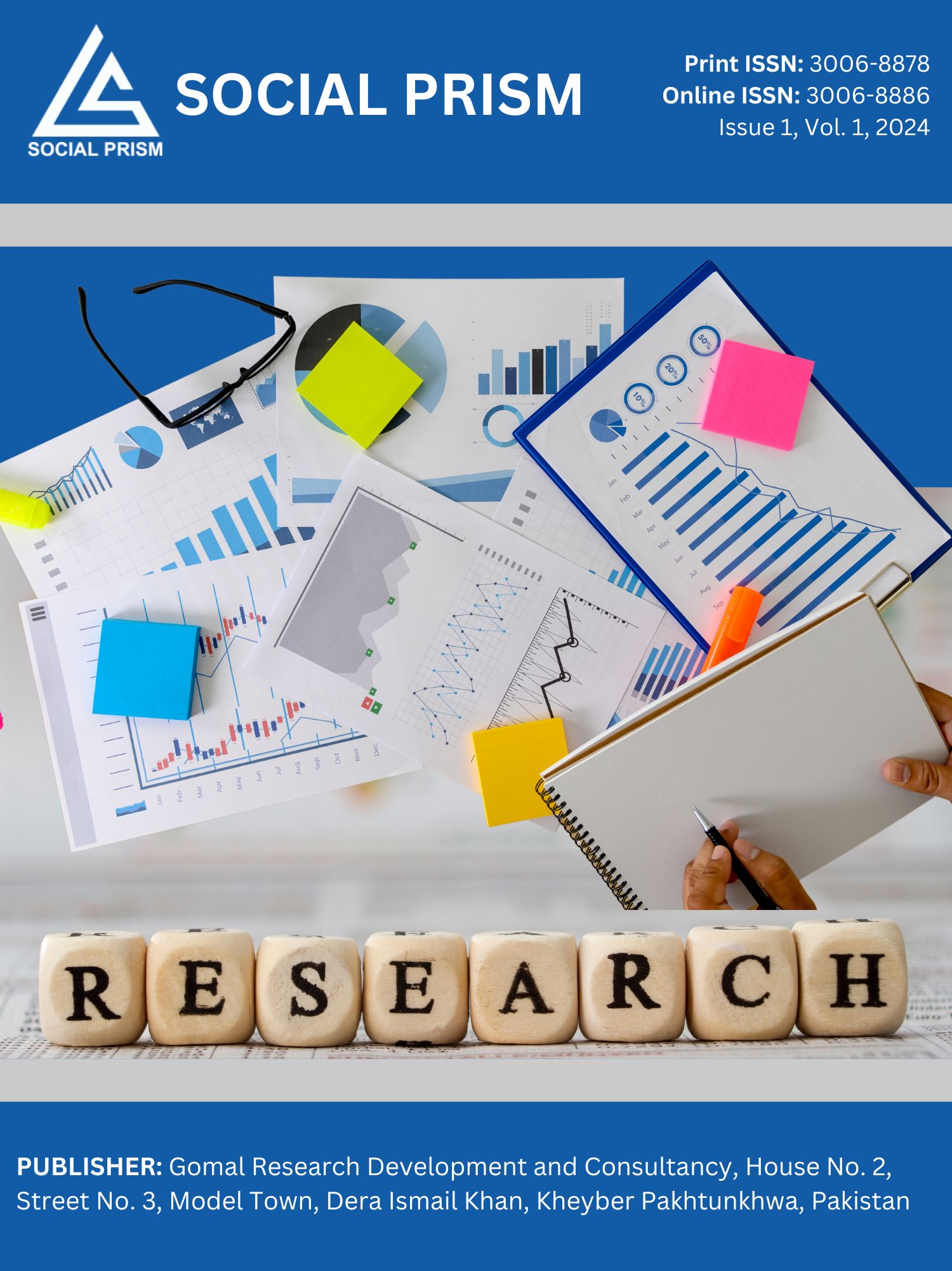


Duties and Responsibilities of Editors
In addition to general duties such as continuously improving the quality and integrity of the journal, addressing the needs of authors and readers, and fostering academic debate, editors are committed to upholding the following responsibilities:
1. Editorial Board:
- The editorial board is composed of recognized experts in the field. The editor provides full names, affiliations, and updated contact information for the editorial office on the journal’s webpage.
2. Publication Decisions:
- The editor is responsible for deciding which articles submitted to the journal should be published. Decisions should be based on the validity of the work and its significance to researchers and readers. The editor may be guided by the policies of the journal’s editorial board and must adhere to legal requirements, including those concerning copyright infringement and plagiarism. Consultation with other editors or reviewers is encouraged in making these decisions.
3. Peer Review Process:
- All journal content is subject to peer review. Submitted articles undergo a double-blind peer review process. Initially, editors review submissions to ensure they fit the journal's scope and meet quality standards. Suitable articles are then sent to two experts for review. Referees, who remain anonymous to each other, classify papers as publishable immediately, publishable with amendments, or not publishable. Referees’ evaluations include recommendations, which are shared with the authors. Editors must justify any significant deviations from this process and publish guidance for authors and reviewers, updating it regularly to reflect this code.
4. Fair Play:
- Manuscripts are evaluated based on intellectual content, without regard to race, gender, sexual orientation, religious belief, ethnic origin, citizenship, or political philosophy of the authors. Decisions to accept or reject papers are based solely on the paper’s importance, originality, clarity, and relevance to the journal's aims.
5. Confidentiality:
- Editors and editorial staff must keep information about submitted manuscripts confidential, disclosing it only to the corresponding author, reviewers, potential reviewers, other editorial advisers, and the publisher. Confidentiality must be maintained throughout the review process.
6. Disclosure and Conflicts of Interest:
- Unpublished materials in submitted manuscripts must not be used in an editor’s own research without the author’s written consent. Privileged information or ideas obtained through peer review must be kept confidential and not used for personal gain. Editors must recuse themselves from reviewing manuscripts in which they have conflicts of interest and require all contributors to disclose relevant competing interests. Corrections must be published if competing interests are revealed after publication.
Publication Policy
For all submissions, the editorial committee conducts an initial in-house review. Suitable submissions are then sent to at least one national and one international reviewer. The journal adheres to a triple-blind review policy, with no exceptions. Initial reports typically take 6-8 weeks, with revisions requiring up to 4 additional weeks. If reviewers disagree, a third expert's opinion may be sought. The journal publishes accepted manuscripts quarterly, in March, June, September, and December, so authors may experience some delay before publication.
Review Policy
The journal follows a double-blind peer review policy. Under this policy, the names of the author(s) are removed before the article is sent to reviewers. Similarly, the reviewer’s identity is not disclosed to the author.
Copyright Policy
All rights reserved. No part of the journal’s publications may be copied, reproduced, published, sold, distributed, transmitted in any form or by any means—including photocopying, scanning, recording, or other electronic or mechanical methods—without prior written permission from the editor or the article’s author.
Publisher: Gomal Research Development and Consultancy, House No. 2, Street No. 3, Model Town, Dera Ismail Khan, Kheyber Pakhtunkhwa, Pakistan
Publisher Email: javedhafiz232@gmail.com | Journal Website: www.socialprism.com | Journal Email: info@socialprism.com
Work published by Gomal Research Development and Consultancy is licensed under a Creative Commons Attribution-NonCommercial-NoDerivatives 4.0 International License.
